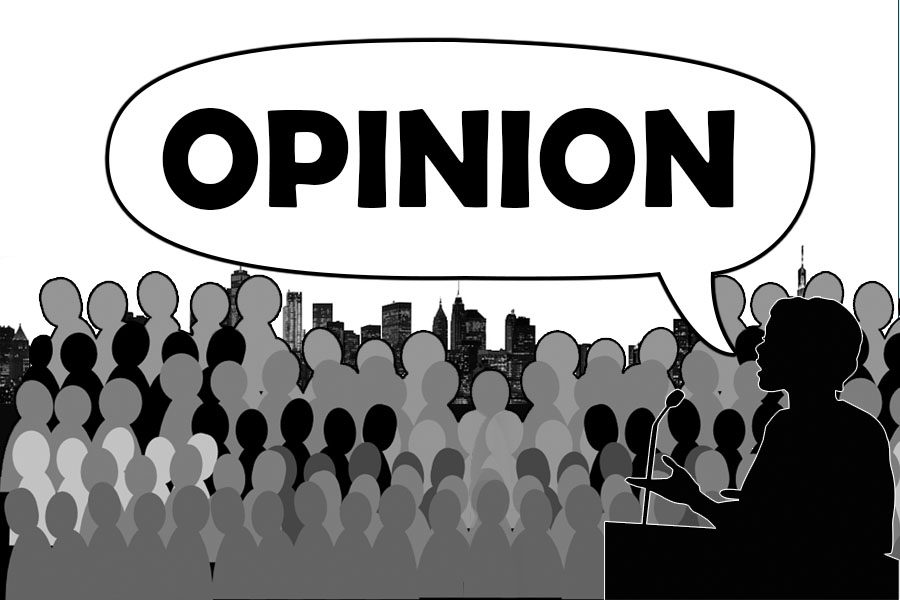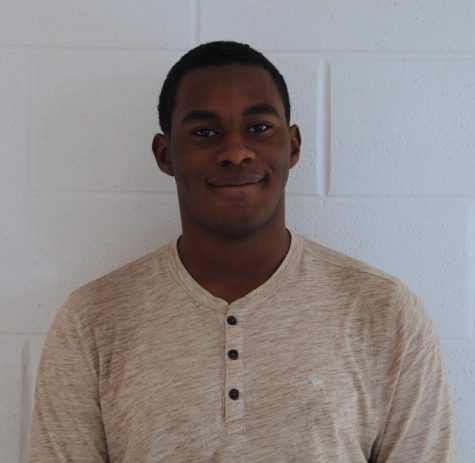Media Needs to Stop Spreading Killers’ Names
May 23, 2019
In the aftermath of tragic mass shootings, the news media seems to focus more on killers rather than victims, reporting excessively on biographical details and posting the shooter’s name and face all over the internet.
The media gives these shooters a spotlight, eerily similar to the attention celebrities receive, and sometimes consequently help perpetuate a fanbase for the horrific actions of the criminal. Media outlets should stop their intensive coverage of mass shooting perpetrators to prevent them from receiving the world’s attention as future criminals are oftentimes inspired by past shooters who could be seen as glorified by the media attention.
After the Christchurch, New Zealand mosque shootings March 15 which killed 50 people and injured 50 others, New Zealand Prime Minister Jacinda Ardern said she would refuse to name the perpetrator and urged the public to say the names of the victims instead. By doing this, the shooter would be denied the notoriety and fame for committing a horrific mass shooting.
The number of mass shootings has increased by a factor of three over the past 15 years, according to an FBI study. Oftentimes, media coverage is followed by copycat incidents. In 2008, a group of Western New Mexico University researchers found that the majority of mass shooters want fame and look to mirror a previous mass shooter; this is known as the media contagion effect. The effect is extremely dangerous as it inspires crazed individuals to perpetrate shootings in a similar style. A journalistic standard of excluding the shooters’ names and instead focusing on the victims could significantly reduce the effects of media contagion.
On the twentieth anniversary of the Columbine High School shooting, an 18-year-old woman obsessed with the Columbine shooting and its perpetrators flew to the Denver area and purchased guns and ammo supposedly with the intent to replicate the infamous shooting. The schools in the area had to shut down for the day due to the danger posed by the intruder, according to an April 4 NPR article. People who are infatuated with the Columbine shootings are growing in number. So much so that they refer to themselves as “columbiners,” according to a VICE news article. They are described as young people who have homicidal or suicidal thoughts that obsess over information on killers published by the news. The event that occured in Denver is an example of the potential threat they pose to others and themselves.
The FBI agrees– it recently launched the Don’t Name Them campaign to urge journalists to stop sharing information about murderers. Journalists have been warned that naming perpetrators can inspire copycats by credible organizations like Columbia Journalism Review and the Dart Center for Journalism and Trauma.
Avoiding the use of the names and faces of mass shooters may be seen as a form of self-censorship, but this is not really the case as there are no legal consequences on journalists. By leaving them unnamed, journalists are being socially responsible and limiting the risk to public safety.
Journalists should take the advice of researchers and law enforcement agencies and stop giving mass murderers notoriety. The responsibility bestowed upon journalists is huge and it is time they recognize that their choice to name mass shooters has many dangerous consequences.






A reader • May 30, 2019 at 6:14 am
Good column but this shifts blame to the media and away from the reasons killers are able to do this. People spread this info via social media. It’s not just “the media.” The news has to report what’s happening so it can be prevented next time. People are buying into this stuff to blame the media when there are many other reasons this is happening now. Still, a well written column. But you might follow up.